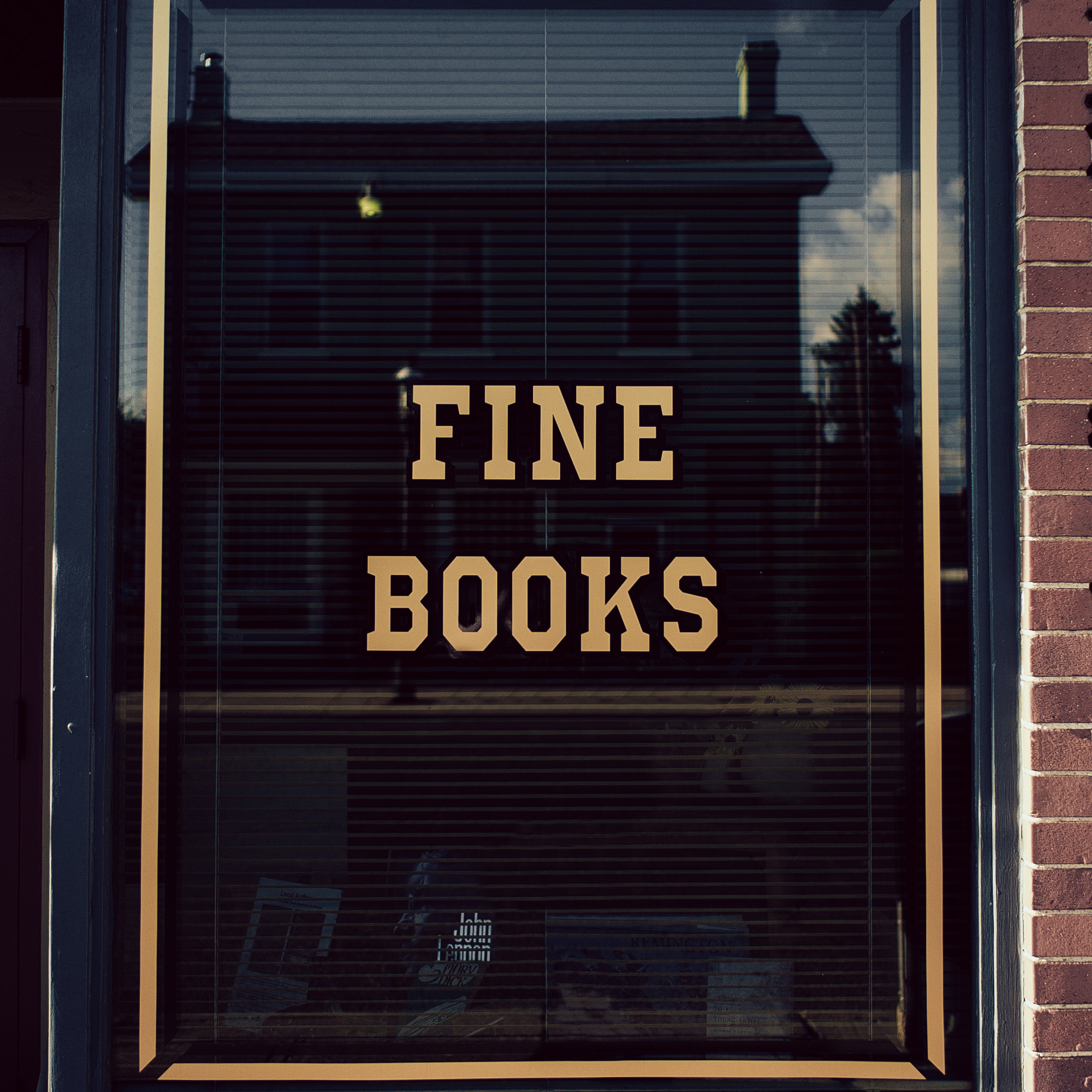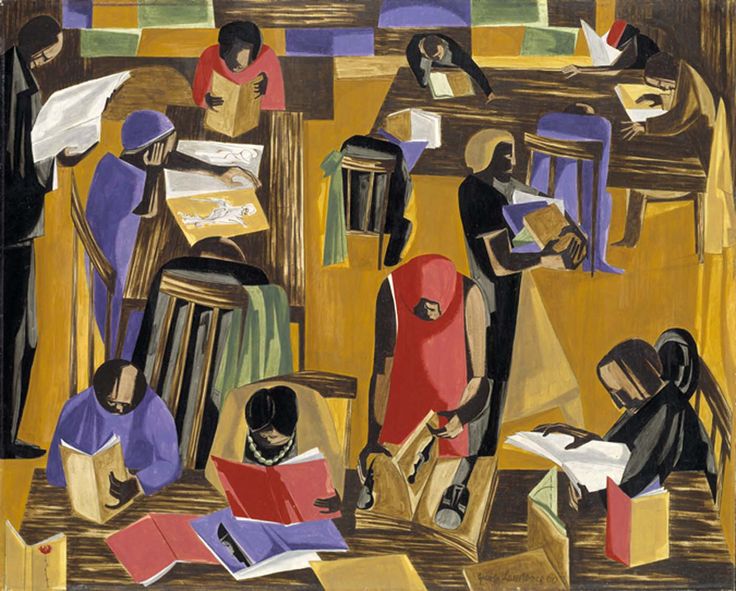When I was an acquisitions editor, I would see creative and weird names authors would use to identify themselves online. They didn’t make themselves easy to find, and their online branding didn’t make a good case for why I should consider publishing them.
One thing that surprises new authors when working with an editor is how much work they still may have to do after an edit. There are several reasons this happens
I launched into uncharted waters in 2017, propelled by an exponential influx of work I did not foresee. It was so much that I was forced to make a choice--keep my day job or follow the demand. I chose to follow the demand...
One mistake I see authors consistently make is trying to make their book relate to everyone. You cannot write for everyone. Choose a target and hit it on the bulls'-eye. Let the residual or secondary audience present itself organically.
After fourteen years as an in-house book publishing editor, I have officially broken free from the corporate matrix. That’s right: you are looking at a free agent.
Each book is like its own business unit. The book proposal is like a business plan. Publishers are your investors. Readers are your customers and end users. How do you think an investor would look at a business if it hadn't thought about its competition and the market it is seeking to enter?
If want to publish an industry-competitive book without the industry restrictions, here are the independent publishing professionals you’ll need on your team to pull it off.
Having worked in traditional publishing for fourteen years and serving as editor, writer, and employer of freelancers that perform similar services, I have calculated the following ranges of time for how long it may take to ghostwrite or edit your book.
Ghostwriting is definitely all about the author and the way they want to present a topic. An aspiring ghostwriter and author asked me about this process. Here's what I told them about how I try to keep the author's message front and center.
Sometimes we wait and wait to be accepted or approved by someone. But sometimes we need to do our homework, approve ourselves, and get it done.
One of the things I noticed in my years as an acquisitions editor is that sometimes book proposals don't capture the personality and passion of the author. They are dry and sterile, and they don't really say much. Oftentimes, in-person meetings end up in book publishing deals easier than if only the book proposal is submitted.
"How can I get my manuscript accepted by a traditional publisher and see my book in bookstores around the world?" This frequently asked question has inspired best-selling editor and writer Jevon Bolden to write and publish her new book, Get Published: Seven Secrets to Getting Your Manuscript Accepted.
Today’s post is written by a sister, not by blood but by spirit. We share the same family name, and we are still investigating if we are related. The truth will be revealed soon enough. We have been circling around in the same web community for some time. She writes. I write. She publishes. I publish. I thought it was past time for us to join forces and bring some hope and inspiration to writers out there.
It's not always easy to translate a public persona into a compelling concept. This is a common challenge for many authors, especially nonfiction authors. Being able to identify the difference between real needs and felt needs can mean the difference between a good book and a great book.
Recently, I had a great exchange on Facebook with author George Pearson. An author of two books and currently working on a third book, his books are written for the Christian market. However, the criteria George and I discussed for finding the right editor for his work is applicable for authors of various genres and topics.
I also had a chance to give a book talk on a special book that I recently read--The Book Itch: Freedom, Truth, and Harlem's Greatest Bookstore. It's book that represents my desire to see publishers publish more diverse books to more fully represent kid readers of various backgrounds. It is also a book that touches on my favorite period of American history--the Harlem Renaissance. And it represents one of my favorite places to hang: the local indie bookstore.
My personal reading this year has been specifically targeted toward reading more ethnically diverse books. I am on a mission to figure out who I am going to be as a book publishing professional in light of what I see in our American culture. (You can read more about my mission here.) With all the gathering of stories, characters, platforms, ideologies, and perspectives, I don’t have words yet for how I feel like I have been shaped, emboldened, or propelled by what I’ve read.
It may come as a surprise, but it is not always easy for editors to give critical feedback on manuscripts. While I believe the editorial mind is geared toward quickly noticing what's missing, wrong, or out of place, there's also a human on the other side of that mind who knows what it is like to receive criticism on creative work.
Not too long ago, I was editing a book in which I chose to use the words enslaved people instead of slaves. A person reading over the material asked, “Why not just say ‘slaves’?” I thought it was a good question, though I didn't imagine being asked about it. I know why I chose it. It was not a second thought to me. I also understood why the person asked, and it was completely innocent. But it got me thinking about how some people would actually take issue with the word choice—enslaved people—thinking, "Here we go with all this political correctness."
What would it be like to be constantly disbelieved for your own experience? To never ever be validated, with or without proof? How does it feel to be dismissed, denied, and rejected? To have your tears and frustration met with responses like, “I don’t believe you. You are lying.”





















